-
What do you need to cover in the KS2 history curriculum? A clear guide for primary teachers
Key Stage 2 is where history really starts to unfold in exciting depth. Children move beyond personal and local history to explore the bigger picture – ancient civilisations, sweeping changes across time, and the lives of people who shaped Britain and the world. The KS2 History National Curriculum gives you a broad framework with flexibility…
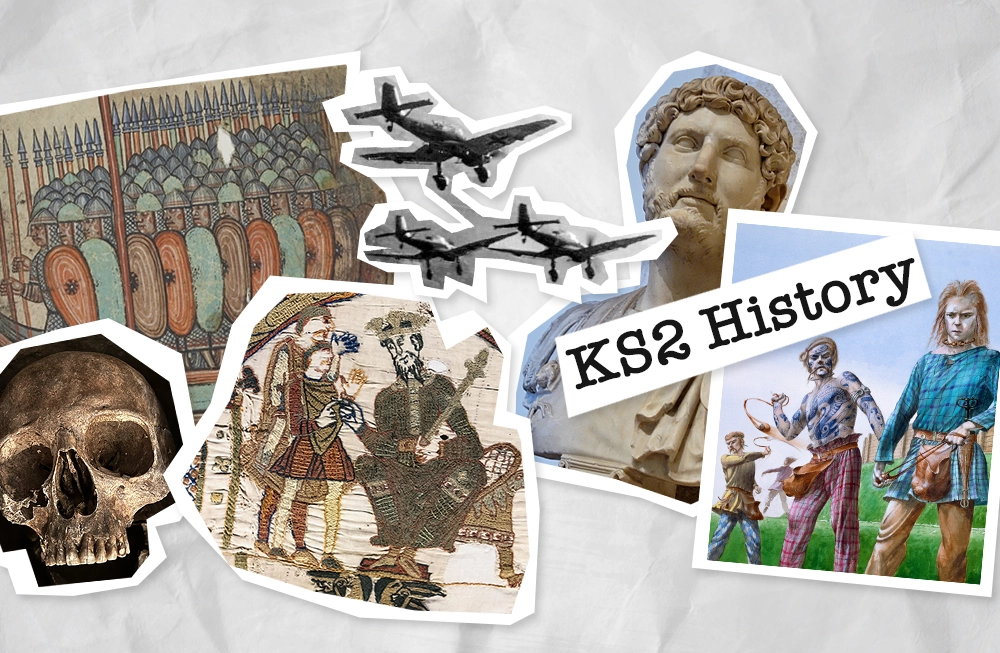
-
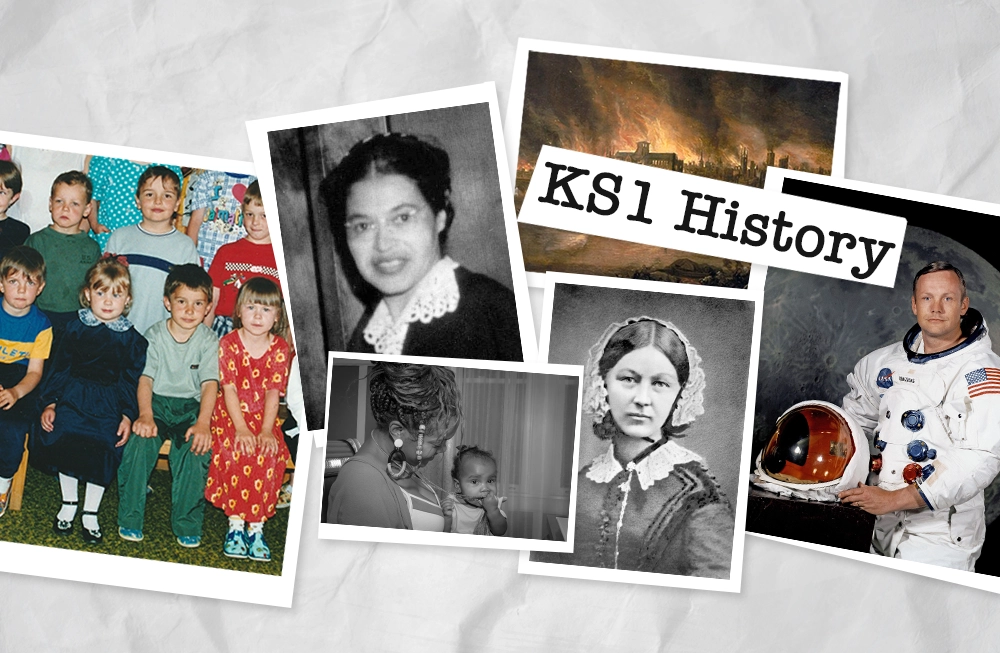
What do you need to cover in the KS1 history national curriculum? A practical guide for teachers
Teaching history at Key Stage 1 (KS1) is all about sparking curiosity, building a sense of time and change, and helping young children begin to understand their place in the world. The KS1 History Curriculum in England provides a flexible but focused framework for achieving this – and it’s our job as teachers to bring…
-

What is a STEAM Curriculum and why does it matter in Primary Schools?
By Melanie Moore – Author and Curriculum Director. Around the world, educators are rethinking how to prepare children for a fast-changing, technology-driven future. One approach gaining significant momentum is STEAM, the integration of Science, Technology, Engineering, Arts, and Mathematics into connected, real-world learning. What is a STEAM Curriculum? You might have heard of a STEM…
-

Six Steps of Curriculum Design
Designing a curriculum isn’t easy. It is a complicated process that needs to be carefully thought through and involves much strategic decision-making. In this blog, Curriculum Director Melanie Moore shares the simple six-step process we have developed to help you design an effective, exciting curriculum.
-

What are curriculum principles?
Why do you have the curriculum you have? Why do you make the choices you do? How do your educational principles impact your curriculum? In this blog, Melanie Moore, Cornerstones’ Curriculum Director, looks at how to identify your curriculum principles and why knowing your principles well is crucial for an authentic curriculum.
-

What to expect from your Ofsted deep dive
With deep dives now an established part of school inspection, it’s natural to wonder how well the subject you lead will fare under scrutiny. This blog is for you, as a subject or senior leader, to help you get to grips with what it means to survive a deep dive. And we asked Ofsted’s Matthew…
-

The importance of continuous provision in the early years
In this blog, experienced early years adviser and Cornerstones Director, Melanie Moore, discusses why continuous provision is so important for children’s early development – and how to get it right. Most early years practitioners recognise continuous provision as the resources they offer children as part of an enabling environment or the resources that are safe…
-

Science is a core subject in the primary curriculum (isn’t it?)
The timetable is a crowded place. Fitting all the subjects of the national curriculum into your weekly or even termly plans is not easy to do. Many schools have an hour of science a week but some are more flexible and can do more. If we look at the common ‘hour a week’ model, then,…
-

Why subject leadership is crucial to the success of your primary curriculum
Subject leadership is a top priority for most primary schools, especially with the demands of the Ofsted inspection framework (2020). Ofsted’s new inspection framework challenges schools to implement a carefully planned, broad and balanced curriculum – something that many of us in the primary sector have always believed matters for children. The success of a…
-
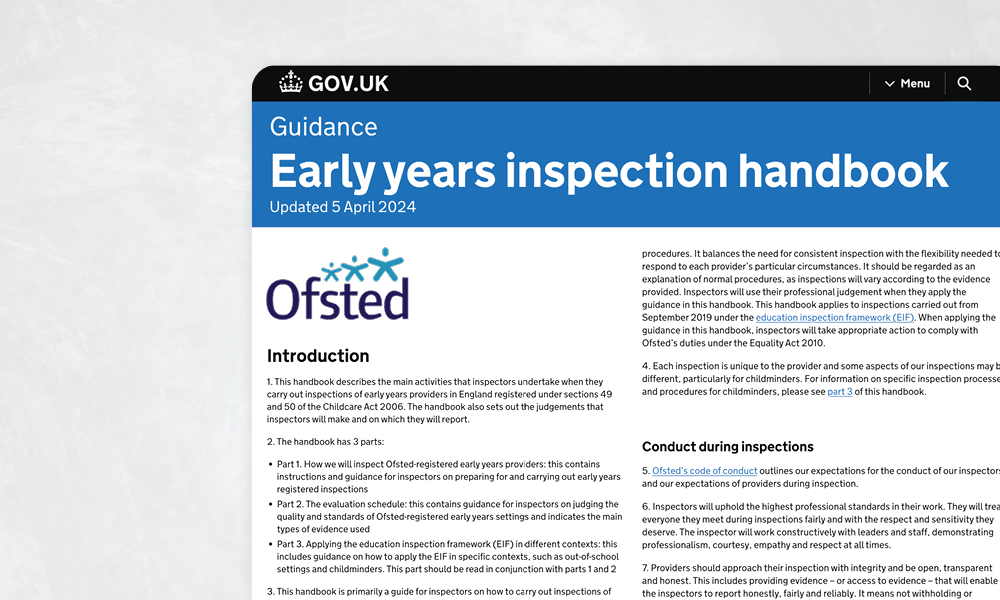
Ofsted’s new inspection framework in the Early Years Foundation Stage (EYFS)
In the latest Ofsted inspection framework, early years provision is still graded independently. However, comments about the quality of teaching will now be incorporated into the whole school report. So, what else is new for the EYFS? Here, Curriculum Consultant and early years expert, Gill Quantrell, explains the changes and what they could mean for…
-
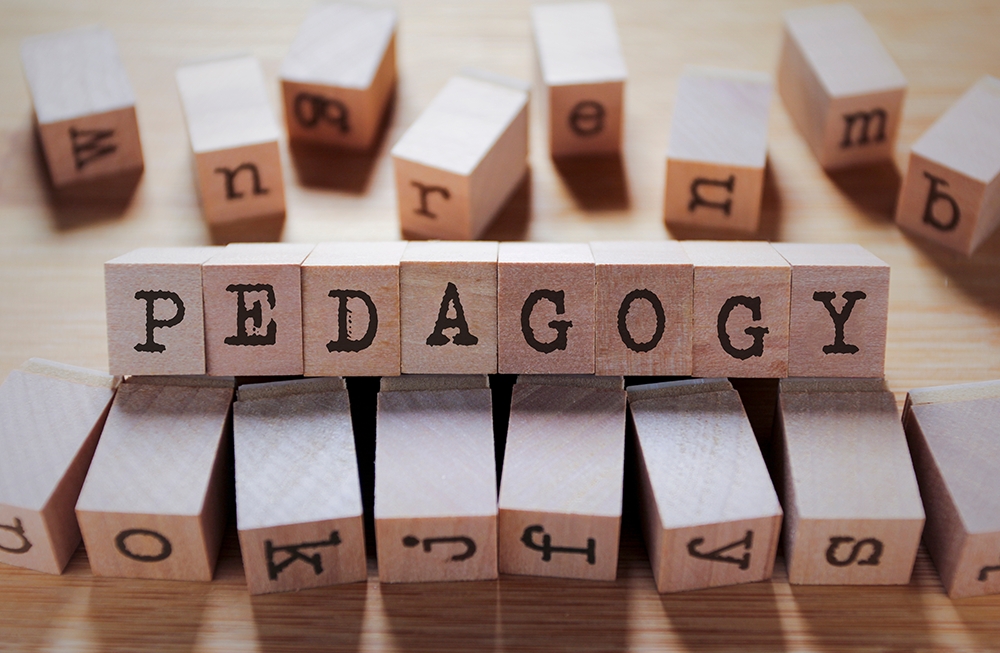
Curriculum principles, purpose and pedagogy – with Jonathan Lear
Caroline talks with Jonathan Lear, award-winning Deputy Headteacher, curriculum adviser and author. They discuss Jonathan’s curriculum development work, his thinking on pedagogy, curriculum principles and purpose. How important is school context? How do you build curriculum foundations? Is there a correct sequence for curriculum design? This podcast delves into some of the essential curriculum questions.
-
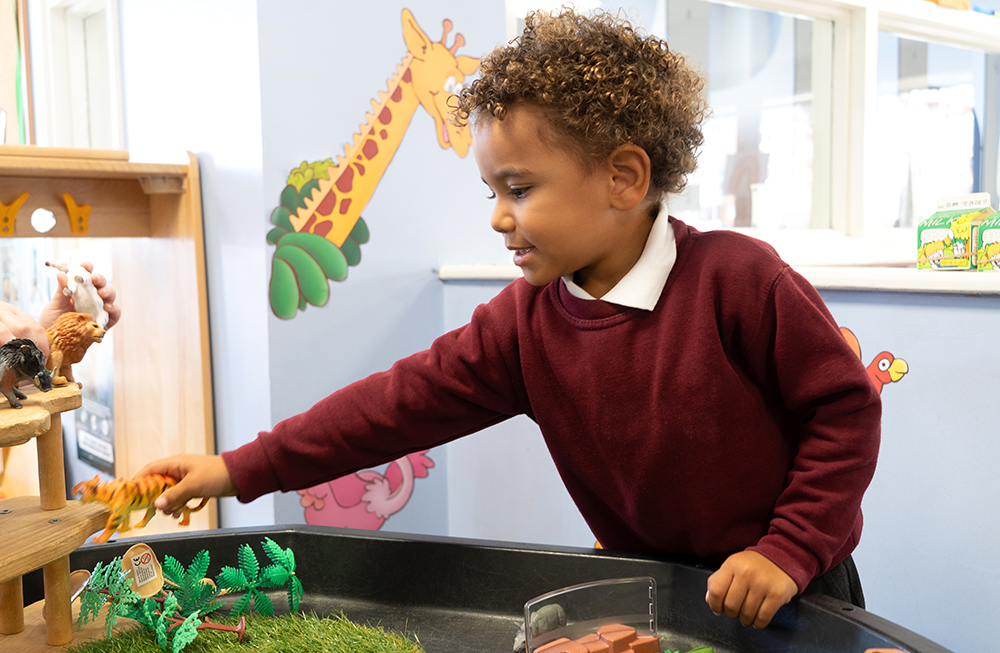
Wellbeing in the primary classroom with Adrian Bethune
Caroline talks to Adrian Bethune, a primary teacher, wellbeing expert and author of the award-winning book Wellbeing in the Primary Classroom: A Practical Guide to Teaching Happiness. We discuss why supporting both children’s and teachers’ wellbeing is crucial for a positive school culture and how curriculum content and delivery can help. Adrian also offers tips for…
-
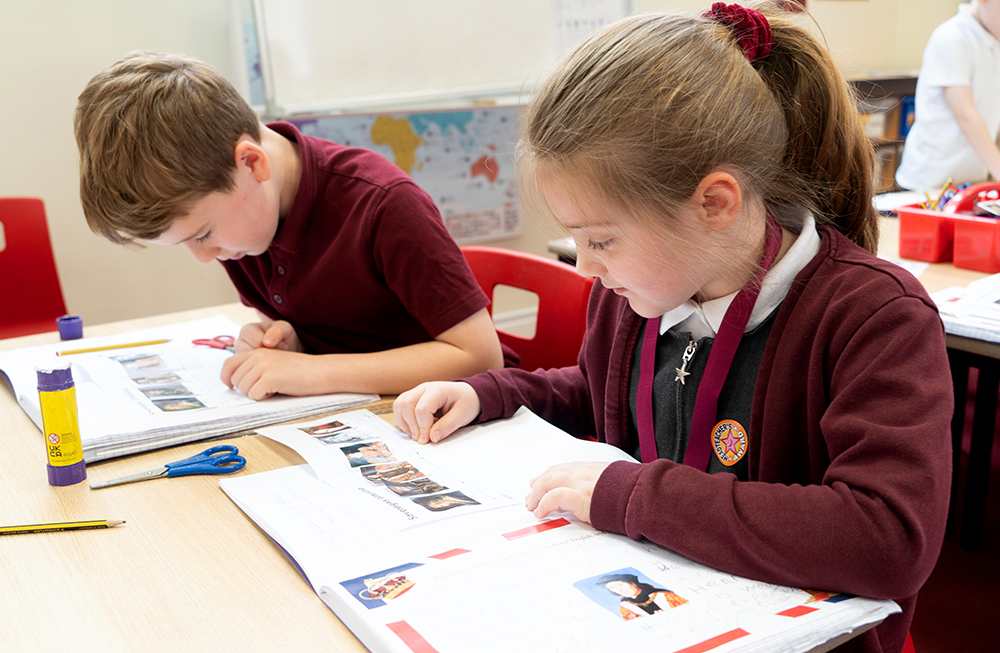
Curriculum intent: big ideas and larger concepts
Caroline talks to Mel Moore, Curriculum Director, about how to successfully thread big ideas or, as Ofsted call them, ‘larger concepts’ through a primary curriculum. We explore the role they play in the curriculum intent stage of planning, and Mel describes the 10 big ideas at the heart of the Cornerstones Curriculum. She also shares…
-
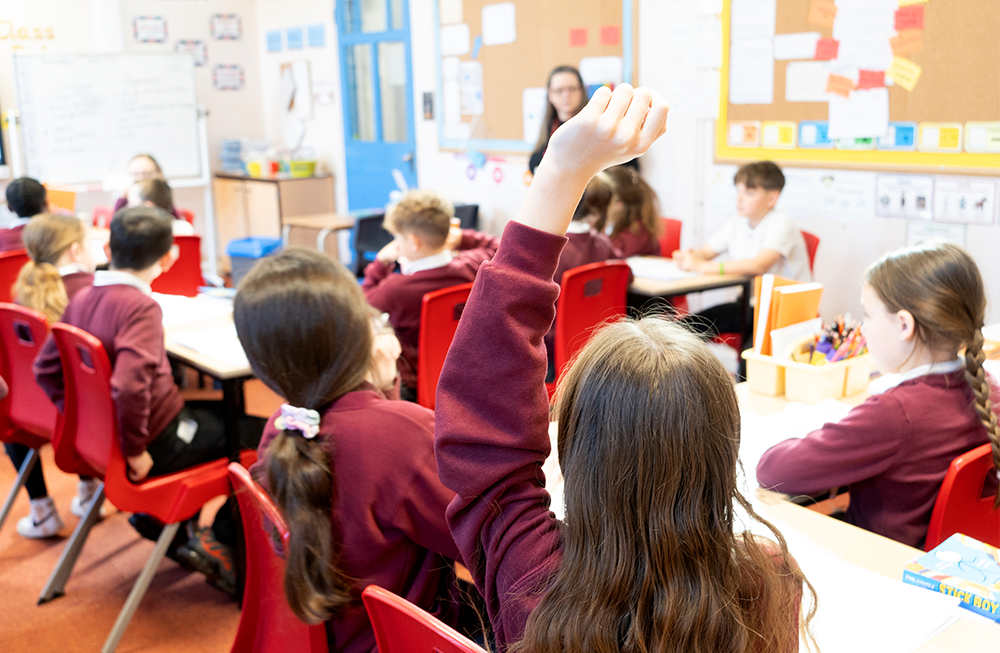
What are knowledge organisers and how can we use them in the primary classroom?
Have you noticed that knowledge organisers have recently made more of an appearance in primary schools? This is undoubtedly due to the recent focus on the importance of a knowledge-rich curriculum from Ofsted, the DfE and other influential bodies. Whatever the reason for their presence, knowledge organisers look as though they’re here to stay. So,…
-

How to develop your subject knowledge (without it costing a fortune)
As a primary teacher, it can feel overwhelming to cover so many different subjects. In one day, you might explain the water cycle, discuss current affairs, teach long division and show children how to warm up safely for PE. Feeling that you’re a ‘Jack of all trades but master of none’ is completely normal. Unlike…
-
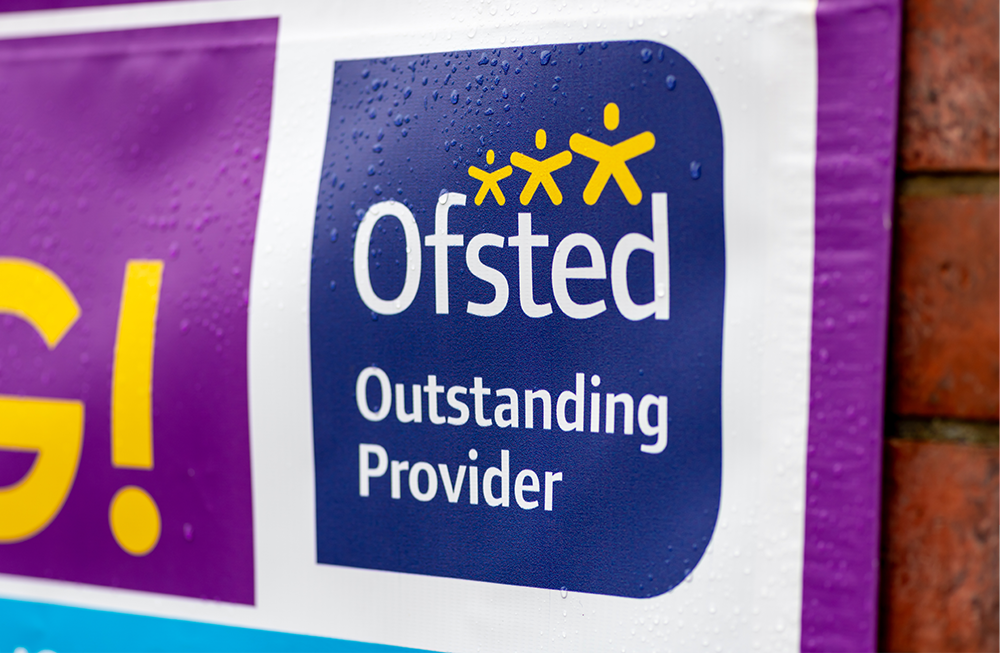
How to achieve Ofsted’s three Is of curriculum
Below is a transcription of a previously existing podcast that has been converted to text for your convenience. In this podcast, Caroline talks to Cornerstones Curriculum Director and author, Melanie Moore. They unpick the new guidance from Ofsted, centring on curriculum intent, implementation and impact: the essential ‘three Is’ that all schools need to be…
-

Why ensuring your teaching resources are best quality is crucial for curriculum success
With the recent attention on reducing workload and the publication of the influential Policy Exchange report, Completing the Revolution, the issue of resourcing your curriculum is once again at the fore. Referred to as the ‘final foot soldiers’ of a school’s curriculum, resources can make or break a lesson. Catherine Scutt, Curriculum Manager and resources…
-
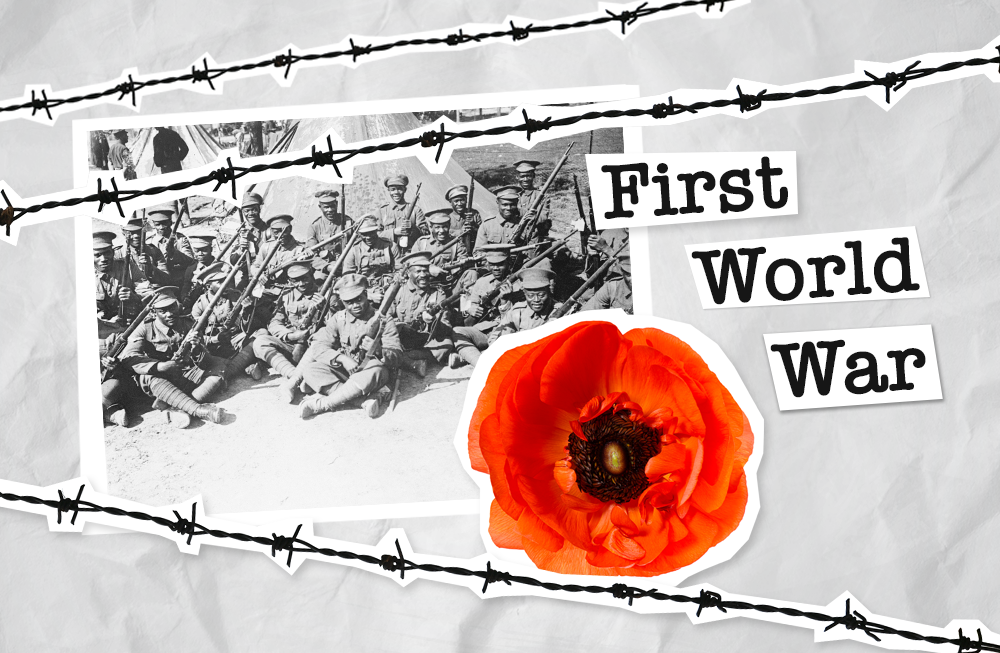
Fallen Fields – a fully resourced, free project
Teaching children about the First World War
-
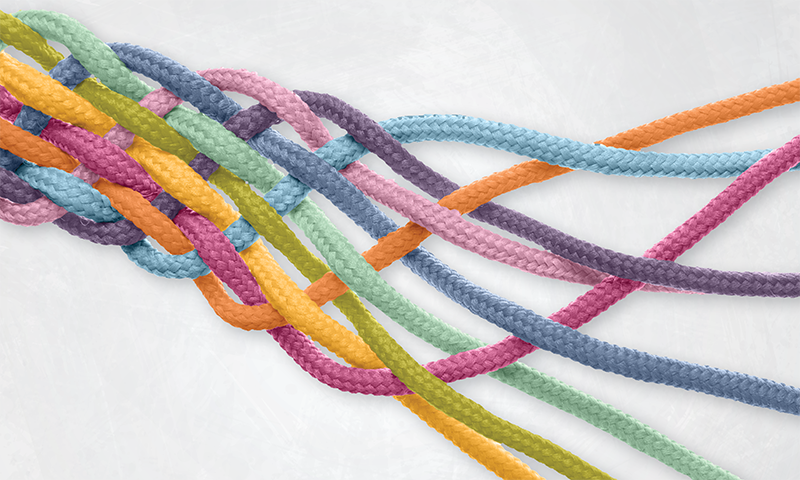
How connected is your curriculum?
Over the last few editions of The Curriculum, we’ve explored the importance of curriculum principles and articulating the curriculum design process. In this edition, Melanie Moore, author of the Cornerstones Curriculum, explains the importance of designing a well-connected and robust curriculum framework.
-
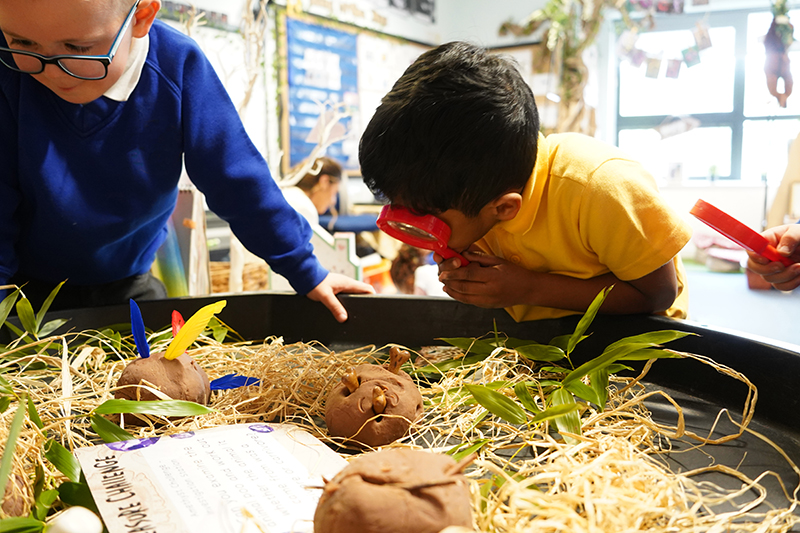
The art of being curious
Are you curious? I guess that you are because being a teacher requires a great deal of curiosity. Being curious means you like to learn, know why things happen and are fascinated by the world around you. It’s the same for children.
-
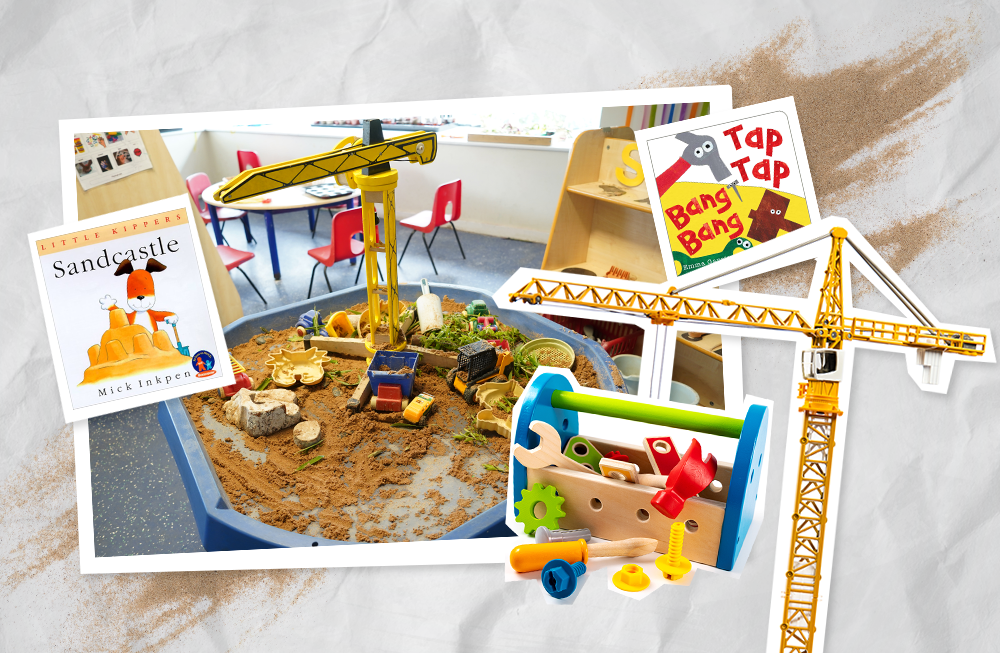
Continuous or enhanced provision in the EYFS – What’s the difference?
One of the most searched for early years questions on Google is, ‘What’s the difference between continuous and enhanced provision?’ So, what are the differences? And, do we need to provide both?
-

What is a broad and balanced primary curriculum?
A broad and balanced curriculum provides children with the skills, knowledge and understanding they need to develop into well-rounded, informed individuals. In my experience, there is little disagreement that a broad and balanced curriculum is best, but recent and increasing pressures around testing and assessment has, in some schools, caused a narrowing of the curriculum…
-

How much does it cost to develop your primary curriculum?
The real cost of curriculum design As a school leader with a tight budget, finding a cost effective way to design your curriculum is a serious responsibility. It can make or break your education offer and can be a great investment or an expensive mistake. It’s easy to underestimate the time, expertise and hidden costs…

